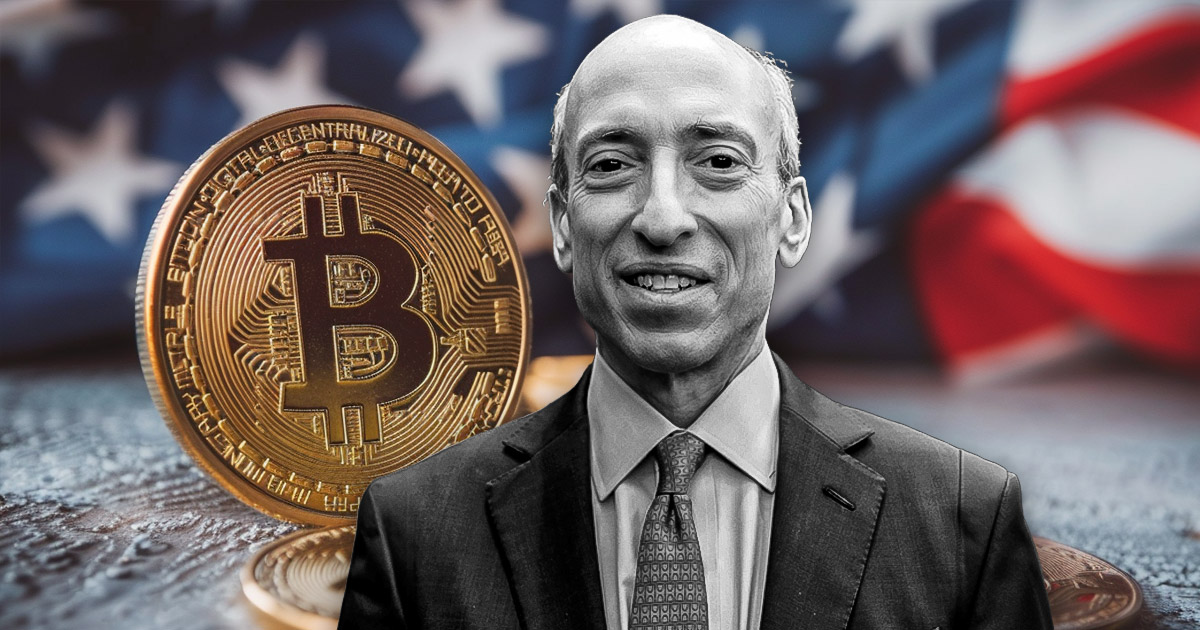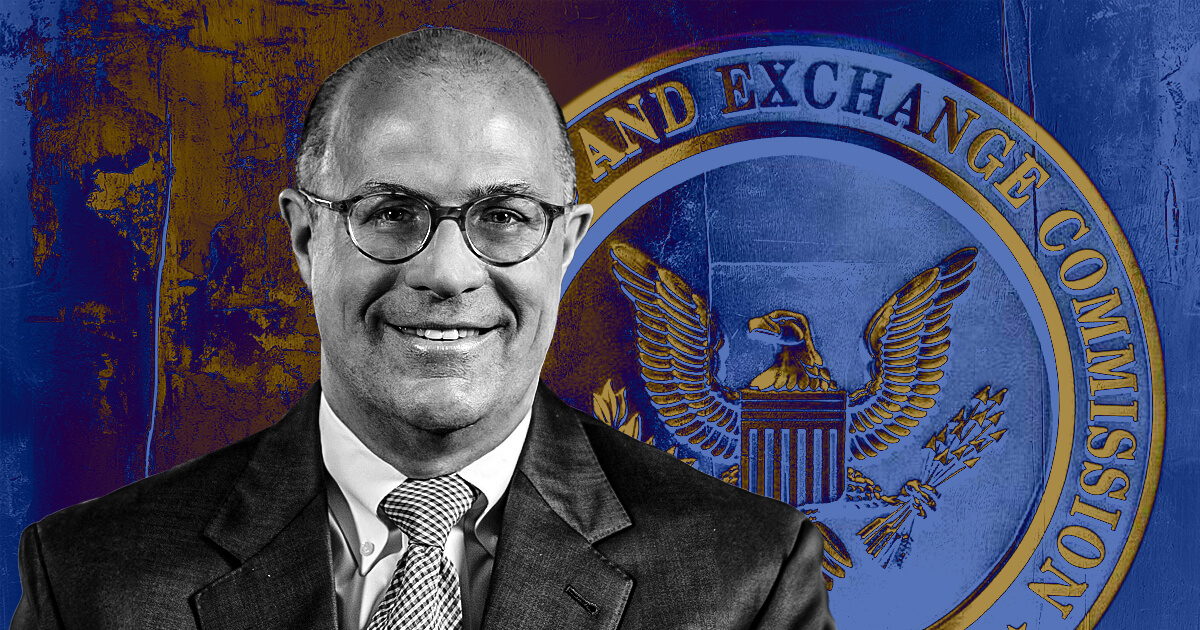Cryptocurrency, a digital or virtual form of currency that uses cryptography for security, has been a topic of significant debate and discussion within financial and regulatory circles. The United States, known for its robust financial markets and regulatory frameworks, has had a dynamic approach to cryptocurrency regulation, reflecting the evolving nature of this innovative technology.
In recent years, the stance of U.S. policymakers and influential figures toward cryptocurrency has seen notable shifts. Former President Donald Trump, who had previously expressed skepticism about cryptocurrencies, has recently declared a more positive and open-minded perspective on crypto regulations. This change in attitude is indicative of the broader transformation in the regulatory environment surrounding digital currencies.
Trump’s pro-crypto stance aligns with his broader economic philosophy of maintaining the United States’ leadership in global financial innovation. In a statement, Trump emphasized the importance of the U.S. not settling for second place in the field of cryptocurrency. This sentiment resonates with the competitive spirit of the nation and its drive to be at the forefront of technological advancements.
Tekedia Mini-MBA edition 14 (June 3 – Sept 2, 2024) begins registrations; get massive discounts with early registration here.
Tekedia AI in Business Masterclass opens registrations here.
Join Tekedia Capital Syndicate and invest in Africa’s finest startups here.
The shift in Trump’s position is also reflective of the changing political landscape and the increasing significance of crypto in the national conversation. With the upcoming presidential election, candidates are recognizing the growing influence of the crypto community and the need to address their concerns and aspirations. Trump’s commitment to crypto, as evidenced by his campaign’s acceptance of crypto donations, showcases a strategic move to engage with and potentially secure the support of pro-crypto voters.
The evolution of Trump’s stance on cryptocurrency is part of a larger trend in U.S. politics, where both major parties are beginning to acknowledge the potential of digital currencies and blockchain technology. The bipartisan interest in establishing clear regulations for digital assets suggests a maturing understanding of the importance of integrating crypto into the nation’s financial ecosystem.
The U.S. House of Representatives’ recent actions against Central Bank Digital Currencies (CBDCs) and the Biden administration’s softened opposition to crypto further highlight the shifting attitudes within the government. These developments point to a growing recognition of the need for a balanced regulatory approach that fosters innovation while ensuring consumer protection and financial stability.

As the U.S. continues to grapple with the complexities of cryptocurrency regulation, the changing perspectives of influential figures like Trump play a crucial role in shaping the discourse. The country’s approach to crypto regulation will undoubtedly have significant implications for the global financial landscape, and the world will be watching closely as the U.S. charts its path forward in this rapidly evolving domain.
The implications of Trump’s pro-crypto stance are far-reaching, potentially influencing the regulatory landscape and the United States’ position in the global financial market. As the world increasingly embraces digital currencies, the need for thoughtful and forward-looking regulation becomes ever more critical. Trump’s recent statements suggest a willingness to engage with these challenges, fostering an environment where innovation can thrive while ensuring stability and security in the financial system.
The conversation around cryptocurrency regulation in the United States is a testament to the dynamic nature of policymaking in the face of technological innovation. It underscores the importance of adaptability, open-mindedness, and strategic thinking in the realm of financial regulation. As the U.S. moves towards the 2024 presidential election, the stance on cryptocurrency will remain a critical issue, reflecting the nation’s commitment to maintaining its leadership in the digital age.

Credit: Source link















































